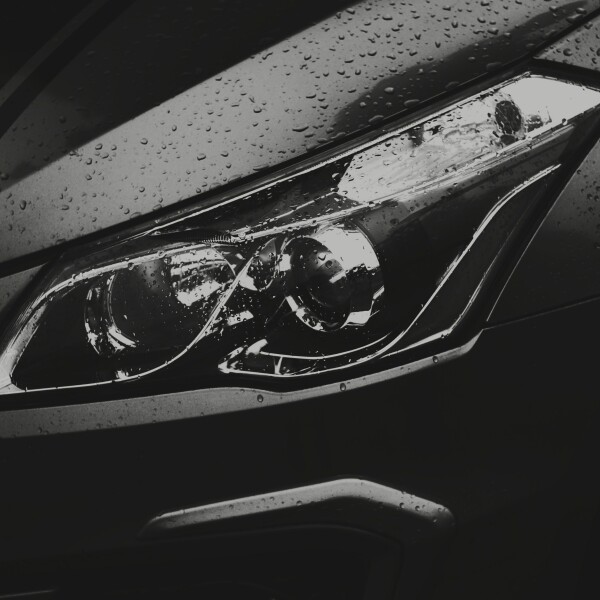When it rains but it is not dark enough to affect your visibility, you do not need to switch your headlights on, correct? That would be a firm no. Putting aside the fact that road safety experts say there are other benefits to always driving with your lights on, switching headlights on in wet weather has many more benefits than helping you see better.
The CEO of MasterDrive, Eugene Herbert, says if the safety benefits of having your lights on all the time has not convinced you, the importance of having them on during a storm should. “Even when visibility seems minimally affected, your vision is still affected whether precipitation is mild, heavy or in-between.
“Central vision is affected when your windscreen wipers seem unable to keep up with the rainfall. You will also naturally focus more on the road ahead of you in all conditions, which affects peripheral vision. Lastly, even if it feels like your headlights are not helping you, they are still helping other motorists see you,” says Herbert.
There are also other reasons why headlights are important in rain:
- When you turn your headlights on, it also turns your taillights on, improving your visibility to drivers behind you.
- Headlights with older technology may appear weaker in rain because the light beams are scattered but this does not mean they do not increase visibility at all and, as mentioned, they are essential to help other drivers see you.
- Do not wait for rain to start before your turn them on, as you see weather starting to change put them on.
- Do not use bright lights in wet weather. They create an even stronger glare for you and blind other traffic and pedestrians.
- In certain instances where the precipitation is dense and reflective, fog lights may be better than low beams because they have the least glare for the driver while still showing other drivers you are there
- In extremely heavy downpours, legally you should not turn emergency lights on unless you are in an emergency. Some drivers may mistake the emergency lights as a stationary vehicle and take unnecessary and potentially dangerous evasive action.
- If your vehicle has automatic headlights, keep this function on so that your lights adjust to rainy weather without any effort from you (and prevent unpleasant surprises if you forget them on).
- As most of South Africa heads into rainy season, check that your head and taillights are in good working order by asking someone to help you check them or by shining them against a wall or window that will reflect back to you.
International studies say that low-light conditions contribute to up to half of road-deaths. “We encourage everyone to use their lights no matter the condition or to keep them switched to auto. In low-light conditions like rain, however, headlights are a non-negotiable,” says Herbert.











